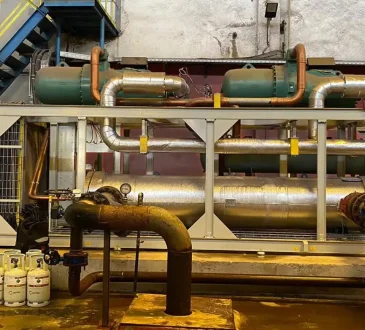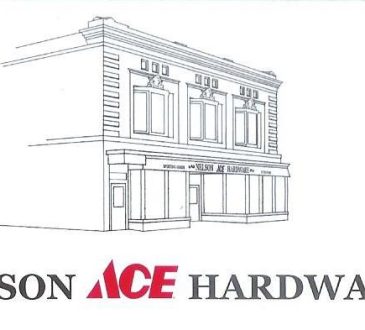
Accurate building estimates form the foundation of successful construction projects. Whether you’re a seasoned professional or just starting your career in the construction industry, understanding the significance of accurate estimates is crucial.
Reliable estimates not only help in securing projects but also ensure profitability and client satisfaction. In this guide, we will explore the reasons why accurate building estimates are essential for construction professionals and provide insights into the best practices to achieve them.
Building a Solid Foundation: Why Accurate Estimates Matter
Accurate estimates are the cornerstone of successful construction projects. They play a vital role in establishing a solid foundation for any construction endeavor. Here’s why accurate estimates matter:
- Financial Planning: Accurate estimates enable effective financial planning by providing a clear picture of project costs. They help construction professionals allocate resources, estimate material and labor expenses, and determine an appropriate budget. This ensures that the project is financially viable and avoids potential budget overruns.
- Client Trust and Satisfaction: Accurate estimates build trust and enhance client satisfaction. Clients rely on estimates to make informed decisions and evaluate the feasibility of a project. When estimates are accurate and transparent, clients feel confident in the construction professional’s ability to deliver as promised. This fosters stronger relationships and increases the likelihood of repeat business or referrals.
- Project Efficiency: Accurate estimates contribute to project efficiency by eliminating guesswork and minimizing delays. With precise estimates, construction professionals can plan and schedule resources effectively, ensuring that materials and labor are available when needed. This reduces downtime, avoids costly rework, and keeps the project on track.
- Risk Management: Accurate estimates are essential for effective risk management. By conducting thorough evaluations and considering potential challenges, construction professionals can identify and mitigate risks early on.
- Competitive Advantage: Accurate estimates give construction professionals a competitive edge. When bidding for projects, precise estimates demonstrate professionalism and expertise.
Best Practices for Achieving Accurate Building Estimates
Achieving accurate building estimates requires careful planning, attention to detail, and an understanding of the construction process. Here are some best practices that construction professionals should consider:
1. Thorough Project Evaluation:
Before creating an estimate, conduct a comprehensive evaluation of the project. Review the architectural plans, specifications, and any other relevant documents. Visit the site to assess any potential challenges, such as site conditions, access, or existing structures that may impact construction.
2. Accurate Quantity Takeoffs:
Accurate quantity takeoffs are crucial for precise estimates. Take the time to measure and quantify all materials required for the project, including concrete, steel, lumber, and finishes. Leverage digital tools and specialized software to streamline the takeoff process and reduce the chances of errors.
3. Consideration of Labor Costs:
Labor costs significantly impact project estimates. Evaluate the project’s scope and complexity to estimate the required labor hours accurately. Account for skilled trades, project management, supervision, and any subcontractors that may be involved. Factor in labor productivity rates, local wage rates, and potential overtime or specialized labor requirements.
4. Incorporate Contingency:
Building estimates should include contingency funds to account for unforeseen circumstances or changes in scope. A general rule of thumb is to allocate a percentage of the project cost as contingency based on the project’s complexity and the contractor’s risk tolerance.
5. Stay Updated on Market Conditions:
Construction material costs fluctuate due to market conditions. Stay informed about the current market prices for materials and adjust estimates accordingly. Regularly review and update estimates as market conditions evolve to maintain accuracy.
6. Utilize Estimating Software:
Estimating software can streamline the estimating process and improve accuracy. These tools provide features such as automated calculations, material databases, and historical data analysis, reducing human error and ensuring consistency in estimates.
7. Collaboration and Expert Input:
Seek input from experienced professionals within your team or industry networks. Collaboration can provide valuable insights, alternative perspectives, and help validate estimates. Engage subject matter experts to review complex aspects of the project and incorporate their recommendations into your estimates
In the end, accurate building estimates are crucial for the success of any construction project. As construction professionals, it’s our responsibility to provide clients with precise and realistic estimates that take into account all the necessary factors. By doing so, we can avoid the risks of cost overruns, delays, and dissatisfied clients. Proper planning, attention to detail, and the use of advanced tools and technologies can all contribute to achieving accurate estimates. Visit Accent Estimating if you want to know more about building estimating service.




